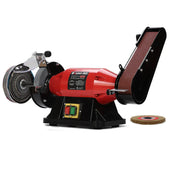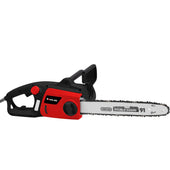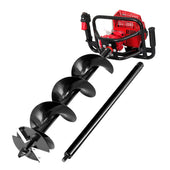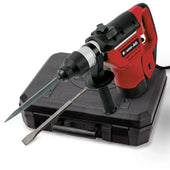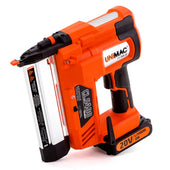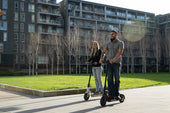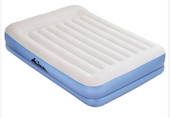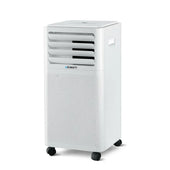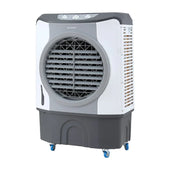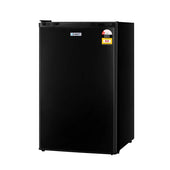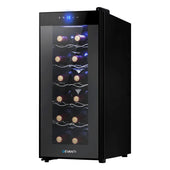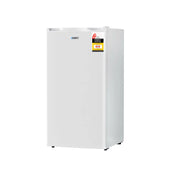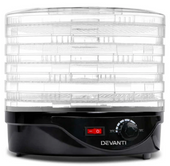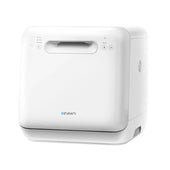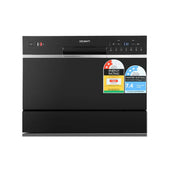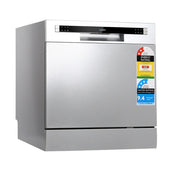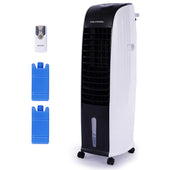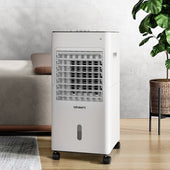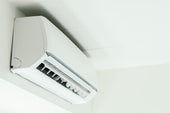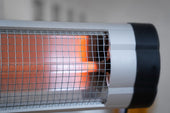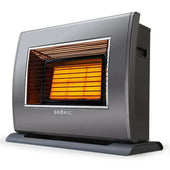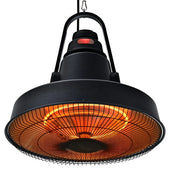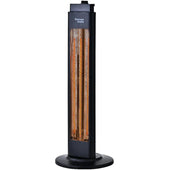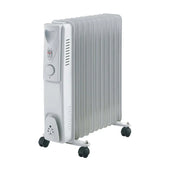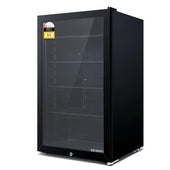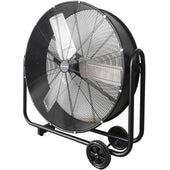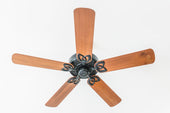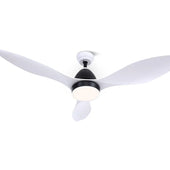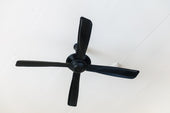Introduction to Choosing the Right Beginner Guitar
Selecting the ideal beginner guitar goes beyond aesthetic appeal or brand recognition. Key factors include playability, size, tone quality, and budget. Acoustic guitars come in different body shapes, such as dreadnoughts and concert models, each offering distinct sound characteristics and comfort levels. Beginners might benefit from lighter strings or smaller body sizes to ease finger strain and improve handling.
Materials significantly influence tone and durability. Common woods include spruce for the top and mahogany for the back and sides, balancing sound projection and warmth. Accessories, such as tuners and a protective bag, enhance the learning experience. Prioritising these features simplifies the journey to finding an enjoyable first instrument.
Factors to Consider When Buying a Guitar as a Beginner
Choosing a guitar as a beginner requires attention to key aspects that influence playability and sound quality.
- Budget: Beginners should set a realistic budget to avoid overspending while ensuring the guitar meets basic quality standards.
- Body Size and Shape: Smaller-bodied guitars are more comfortable for beginners, especially those with smaller frames.
- Neck Profile: A thinner neck is ideal for beginners as it’s easier to grip and allows smoother chord transitions.
- String Type: Consider nylon strings for comfort or steel strings for a brighter tone.
- Build Quality: Look for quality woods like spruce or mahogany, which enhance sound resonance.
- Tuning Stability: Ensure the guitar has reliable tuning pegs to avoid frequent retuning issues.
Acoustic vs. Electric: Which Type is Best for Beginners?
Choosing between an acoustic and electric guitar depends largely on the learner’s preferences and goals. Acoustic guitars are popular for beginners as they do not require additional equipment like amplifiers, making them more accessible. These guitars typically offer steel or nylon strings, with nylon strings being easier on the fingers for novices.
Electric guitars, on the other hand, demand an amplifier but often have lighter strings, making them easier to press. Additionally, they offer versatility in sound and style, especially for genres like rock or blues. Both options have their advantages, so beginners should consider their musical interests, budget, and physical comfort when deciding.
The Importance of Size and Comfort When Selecting a Guitar
Selecting an acoustic guitar requires careful consideration of size and comfort, as these factors directly impact playability and performance. Guitar sizes range from full-size dreadnoughts to smaller parlour models, with their physical dimensions influencing sound projection and tonal depth. Larger guitars often deliver richer bass tones, while smaller ones provide a balanced and intimate sound.
Comfort is equally critical, particularly for beginners or extended playing sessions. The neck profile, body shape, and weight should align with the player's hand size and posture to prevent strain. Ensuring a harmonious balance between body size and comfort promotes better technique and an enjoyable playing experience.
Top Budget-Friendly Beginner Guitars Worth Considering
For those starting out, selecting a budget-friendly acoustic guitar is essential to balance affordability and quality. Beginner models often feature user-friendly designs and durable materials, catering to new players. Brands like Yamaha, Fender, and Epiphone offer reliable entry-level options.
- Yamaha FG800: Renowned for its solid spruce top, this guitar delivers warm tones and exceptional durability.
- Fender CD-60S: Featuring a mahogany body and rolled fretboard edges, it ensures comfort during long practise sessions.
- Epiphone DR-100: Ideal for beginners, it combines affordability with versatility and a classic dreadnought style.
- Ibanez AW54OPN: With a solid mahogany top and open-pore finish, it provides rich resonance suited to acoustic genres.
These models strike a balance between affordability and impressive sound quality, offering beginners the ideal starting point.
Mid-Range Beginner Guitars for Aspiring Musicians
Choosing the right guitar is crucial for beginners exploring their musical journey. Mid-range beginner acoustic guitars strike a balance between affordability and quality, providing aspiring musicians with lasting value. These models often feature solid wood tops, enhancing resonance and delivering warmth in tone. Brands like Yamaha, Fender, and Epiphone are well-regarded for producing reliable mid-range options.
Popular choices include guitars designed with comfortable neck profiles, making playability easier for those developing finger strength. Models equipped with built-in electronics or pick-ups can also be ideal for performing. Craftsmanship alongside user-friendly features ensures beginners enjoy both practice and progression.
Best Acoustic Guitars for Beginners to Start With
Choosing the right acoustic guitar for beginners is crucial to building confidence and fostering skill development. Several options stand out for their playability, sound quality, and affordability, making them perfect for new players.
- Yamaha F310: Known for its durability and balanced tone, this model offers exceptional value for budding musicians. Its compact body is easy to handle.
- Fender CD-60S: With a solid spruce top and easy neck playability, its smooth frets make chords simpler to manage.
- Epiphone DR-100: Combines affordability with a rich sound profile, ideal for learners.
- Ibanez AW54: Offers a warm tone and excellent craftsmanship, ensuring it’s beginner-friendly.
These selections ease the learning curve and spark creativity.
Top Electric Guitars for Beginners to Perfect Your Style
For beginners stepping into the world of electric guitars, selecting the right model is essential for mastering technique and finding personal style. Several guitars are well-suited for those starting their journey due to their user-friendly design and versatile sound profiles.
- Yamaha Pacifica Series: Excellent for beginners, offering a comfortable neck profile and a variety of tonal options. Its affordability and durability make it a popular choice.
- Squier Affinity Stratocaster: Known for its classic Fender tone and lightweight body, perfect for learning genres from rock to blues.
- Epiphone Les Paul Special II: Provides a rich, warm tone ideal for rock enthusiasts. Its solid build is great for practising solos.
- Ibanez GRX70QA: Favoured for easy playability and a sleek design, ideal for exploring modern metal and hard rock styles.
Each guitar offers dependable quality, ensuring beginners can practise, explore, and perfect their musical expression.
Tips for Maintaining Your First Guitar
- Regular Cleaning: Clean the guitar body and strings after each session using a soft cloth to remove dirt and oils that can affect sound quality and durability.
- String Replacement: Replace strings regularly based on usage to ensure consistent tone. Avoid using worn-out strings as they may damage the fretboard.
- Proper Storage: Store the guitar in a temperature-controlled environment and use a padded case to protect it from humidity and physical harm.
- Tune-Up Checks: Periodically inspect parts like tuners, the bridge, and fretboard for any signs of wear or loose fittings; adjust as needed.
- Humidity Control: Use a guitar humidifier to protect the wood from drying out, especially in areas with fluctuating moisture levels.
Frequently Asked Questions About Beginner Guitars
What features should a beginner look for in a guitar?
Beginners should prioritise factors such as comfort, playability, and an affordable price. A smaller body size, lighter strings, and lower action (the distance between strings and fretboard) enhance ease of playing.
Are acoustic or electric guitars better for beginners?
Acoustic guitars are often suggested due to their simplicity and portability, but electric guitars may suit those focusing on genres like rock or pop. The choice depends on the player’s musical interests.
Do beginners need to start with a full-sized guitar?
Not necessarily. Those with smaller hands or children may benefit from a 3/4 or concert-sized guitar, offering a more manageable learning experience.
How much should a beginner spend on their first guitar?
A reasonable range is £100–£300. This budget ensures a balance between quality and affordability, which is key for a positive initial learning experience.



